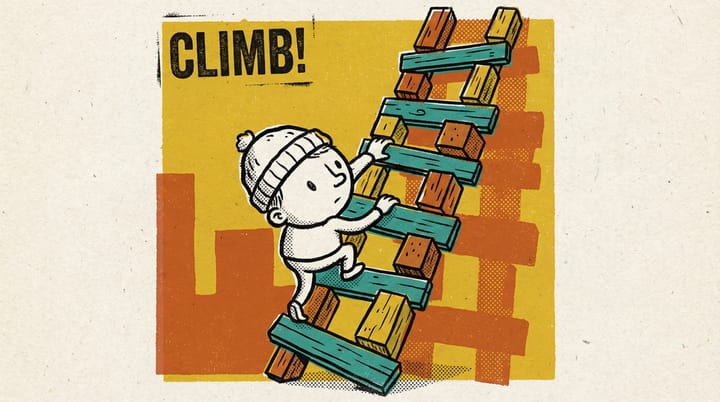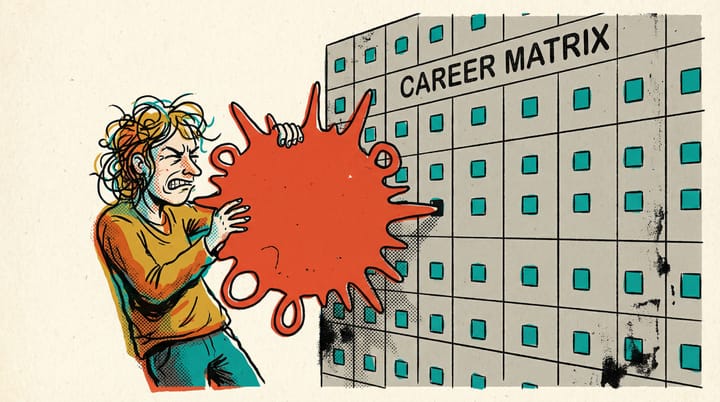🤝🏽 Guide to effective 1:1s

Below is based on an internal doc I shared with my team at Hiro a while back. While there are a LOT of resources on 1:1s out there, I found that my team nonetheless valued hearing my perspective in my words. Feel free to edit / adapt to make your own!
🎯 What are the goals of 1:1s?
My primary goals from my 1:1s are:
- build trust
- stay informed & aligned
- exchange feedback
- support your career growth
What are yours?
What should we discuss in 1:1s?
My general rule of thumb is that if something can be discussed in another forum, it needn't be in a 1:1 – so let's focus on things we can't really discuss anywhere else.
For instance, project updates, technical discussions can likely happen as a group with the team. Of course, I’m happy to discuss these so long as they are meaningful to you; otherwise there are better forums for me to get that information.
At least once a quarter, we’ll have a career focused 1:1. No need to wait for it though, happy to talk about it as often as we need to!
For other ideas, I give you Julia Evans' excellent zine on this topic:
a few things to talk about in 1:1s with your manager pic.twitter.com/GSc1LB87AE
— ?Julia Evans? (@b0rk) September 5, 2018
What I expect from you
- 1:1s are your time. Don’t just show up — think about what you want to discuss. What you get out of these will depend on what you invest into them.
- Please accept or decline the 1:1 invites as appropriate, don’t leave it unanswered . If you accept, I expect you will show up on time. I will generally wait no more than 5-10 min after the start time. If you decline, we can reschedule.
- Conversely, just because we have time on the calendar doesn’t mean we have to meet, though I find it useful to simply catch up even if there’s nothing concrete on the agenda. We can always end early!
- As much as we sometimes want clean boundaries, in practice there’s no “work you” and “outside work you”. We don’t need to be friends, but in so far as stuff in your life is impacting your work (in ways good and bad), I hope we can build enough trust to make space for those (sometimes uncomfortable) conversations.
What you can expect from me
- I will show up, on time. If for any reason I need to reschedule, I will let you know at least a day in advance.
- I will be present and try to be a good, active listener.
- I will be transparent in sharing both information and feedback.
- I will treat everything we discuss as confidential by default. If anything has to be shared with anyone else (e.g. as a result of an action item), I will make that explicit.
- I will not judge, and I will create a safe space for these conversations, to the best of my abilities.
💡Best Practices
- Take notes! A shared Google doc works well enough, though specialized tools for 1:1s (like Lattice) can be quite useful too – for instance, Lattice lets both attendees add agenda items, track action items, take shared notes (visible to both) as well as private notes (visible only to the author).
- Take time to connect! 1:1s needn't be dry and all about work only. I tend to use the first few minutes of a 1:1 to connect on a personal level – outside of whatever work relationship or context you might be meeting in. Especially for people managers, you will often find yourself in the role of a coach or therapist. Having this personal connection helps foster a safe space. Of course, it's equally important, if not more, that managers lead with vulnerability: don't expect someone to share openly if you are not willing to do the same with them.
✨Resources
There are a number of fantastic resources out there. Here are just a few that I like:

